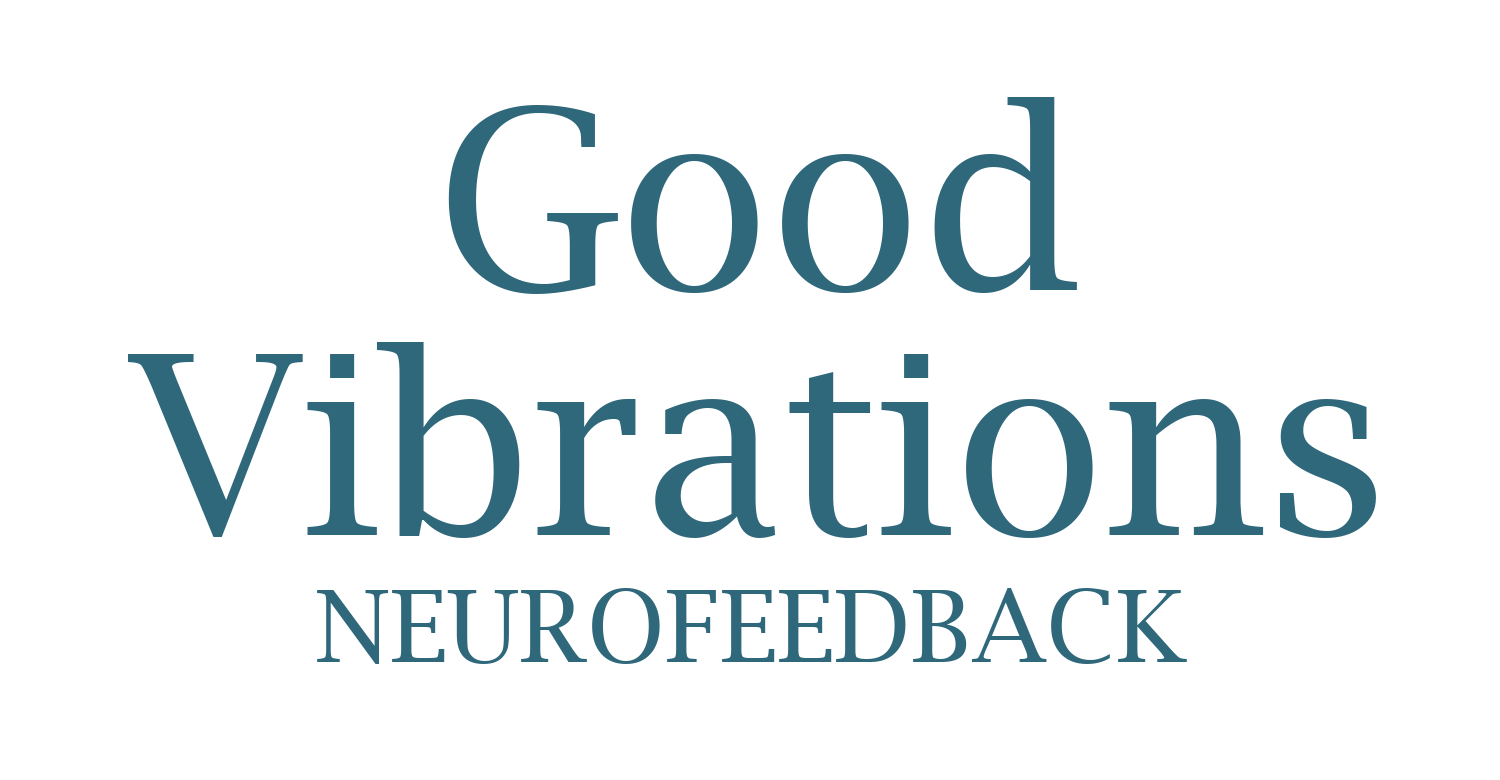Alzheimer’s Disease
Research On NeurOptimal® For Alzheimer’s Disease
The most common type of dementia, Alzheimer’s disease is a progressive neurodegenerative illness involving the parts of the brain that control thinking skills, language, and memory. It is believed to be caused by the build-up of plaque in the form of abnormal proteins in and around brain cells, though the firm cause of it is yet unknown.
Alzheimer’s disease starts as mild memory loss, which can lead to losing the ability to carry on conversations and respond to the environment. The symptoms eventually grow severe enough that the person cannot perform daily tasks.


Neurofeedback and Alzheimer’s Research
In France, research has been underway exploring how NeurOptimal® neurofeedback may be experienced by individuals living with Alzheimer’s disease and their caregivers.
– One ongoing initiative, detailed in “The Latest News on the Continuing Research of NeurOptimal®’s Effects on Alzheimer’s Patients in France,” shares observations from practitioners and families participating in extended neurofeedback programs.
– Another report, “Experiences with Alzheimer’s Clients from Referring Hospitals in France,” highlights the feedback from spouses who took part in these programs, noting functional shifts observed in daily life over the course of the sessions.
While more peer-reviewed data is needed, these projects offer insight into how neurofeedback is being explored in dementia care settings abroad.
